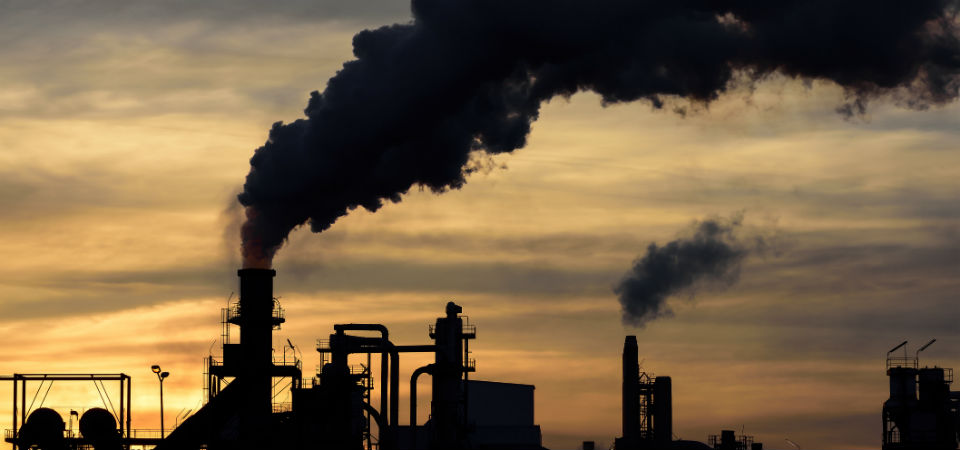Its environmental merits are based on creating gas, oil or char (biocoal) from waste and offsetting the burning of fossil fuels.
But a new study by Loughborough University has found the fundamental principles on which the recycling process is based are not physically possible.
And, the technology, which uses more energy than it generates, is being globally mis-sold as a self-sustaining system.
Dr Andrew Rollinson, who led the study, said: “It is misrepresentative to describe pyrolysis as being a sustainable energy-from-waste concept.
“The energy needed to extract the chemicals from the waste is more than the chemicals themselves produce, leaving the system in negative energy equity – a violation of the laws of thermodynamics.
“There seems to be collective amnesia to the extensive library of research that describes the technology's thermodynamic limitations.
“The advantages are based on freeing useful energy from waste and offsetting the burning of fossil fuels.
“But if system efficiency is low, for example where much of the waste's energy density is lost in order to stabilise the process, the benefits are undermined.
“And where the system is so ill that more fossil fuel-derived energy is input than can practically be extracted from the feedstock as waste-derived energy (negative efficiency), the notion of energy-from-waste is completely refuted.”
 Pyrolysis is one option for converting waste oil into useable fuel
Pyrolysis is one option for converting waste oil into useable fuel
The paper, 'Patented blunderings', efficiency awareness, and self-sustainability claims in the pyrolysis energy from waste sector, reviewed current studies and methods related to pyrolysis.
It says that while machines which violate physical laws are not new, in a modern context this phenomenon is found to be driven by financial rewards, and a need to reduce the mountains of waste we produce.
Dr Rollinson said: “Companies describe themselves as experts in their field, their patented systems being able to convert any waste into renewable energy, and their technologies offering an opportunity for a 'high return on investment'.
“However, this paper shows that self-sustaining pyrolysis, creating energy from waste, is thermodynamically unproven, practically implausible, and environmentally unsound.
But we are creating huge amounts of waste which need to be reduced.
“The other option, incineration, which is more efficient, has become more expensive because of fighting planning and permit applications due to the negative public perception of burning waste.
“The result is we are putting more CO2 into the atmosphere by recycling waste via pyrolysis than if we simply burnt it.”
ENDS

